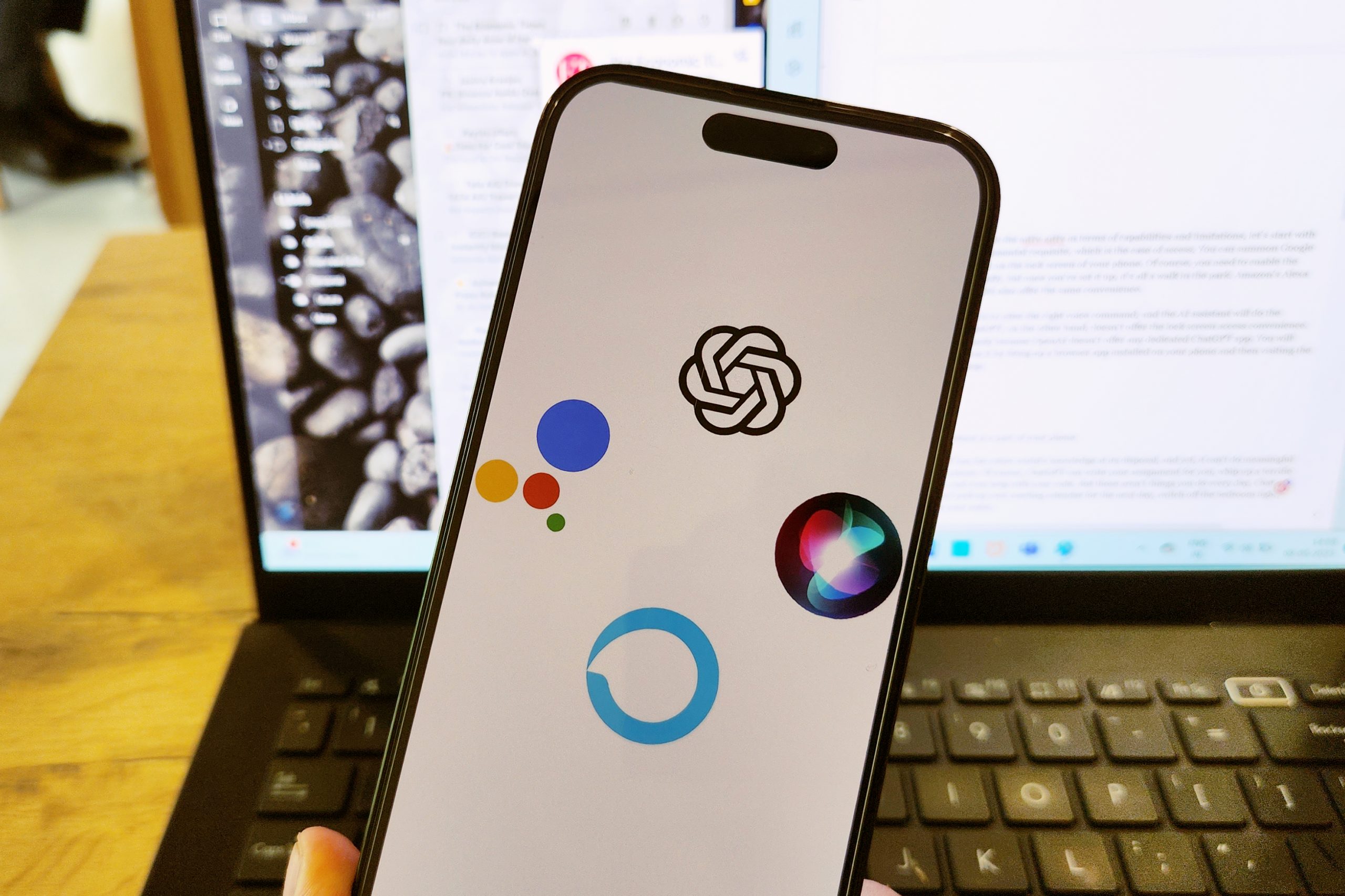The integration of AI-powered technology has become deeply ingrained in our daily routines, showcasing a propensity to expand further. AI has permeated numerous domains, spanning from virtual assistants like Siri and Alexa to recommendation systems on online shopping platforms.Undoubtedly, we are witnessing a trajectory towards a future where AI will significantly intertwine with various aspects of our lives.
The Key Features of The Evolution Of Personal Assistants: Guide to Siri, Alexa, and Google Assistant.
Understanding Artificial Intelligence
Artificial Intelligence emerges as it enables computers to perform tasks originally executed by humans.These duties involve tasks such as recognizing speech, solving problems, acquiring knowledge, and making decisions. In the realm of personal assistants, AI finely tunes to understand voice commands, gathers insights from past interactions, and seamlessly adapts to offer personalized and efficient user experiences.
The Birth of Personal Assistants
The early 2000s marked the inception of the personal assistant concept, driven by the aspiration to design virtual assistants capable of comprehending and responding to human commands. However, the moment when virtual assistant technology began reflecting the essence of AI came with the integration of AI into the system.
Understanding the Concept behind Personal AI
The reach of AI personal assistants may no longer be science fiction, but instead, sophisticated enough to comprehend natural language. Interacting with users, gathering feedback, and enabling gamers to immerse themselves in realistic experiences.
The Ability to Understand Natural Language:
This implies that users can interact with their AI personal assistants using everyday language, eliminating the need for complex commands or instructions. For instance, users can replace “Set a reminder for 3 p.m.” with “Remind me to go grocery shopping at 3 p.m.”
Learning and Growing from User Interactions:
Users find the AI’s personalized features most impactful because it learns from their experiences with the AI. This empowers AI to improve upon itself simply by interacting more with its users. The more interactions, the better it understands preferences and anticipates needs.
Decision-making for People:
Imagine a world where your AI answers questions on your behalf. Your personal AI, trained on your experiences, can confidently answer inquiries, even in your absence, assisting others on your behalf.
A Navigator Among Personal Assistants:
Short for Speech Interpretation and Recognition Interface, Siri was acquired by Apple in 2010 and integrated into its iOS ecosystem. Over the years, Siri’s capabilities have been enhanced, expanding its reach to devices like Apple Watch, Mac, and HomePod.
Alexa: Amazon Voice-Activated Assistant:
Introduced in 2014, Alexa emerged as a game-changer in voice-activated personal assistant categories, fundamentally altering the landscape and enhancing communicative relations between people and gadgets through AI technology.
AI-Powered: The Intelligence of Google’s Ecosystem:
Google Assistant, introduced in 2016, builds upon Google’s vast knowledge graph and search competencies.It is designed to offer customized and conversational experiences while seamlessly integrating with Android devices, Google Home, and other smart devices.
Beyond Information Retrieval: Personalization and Proactivity:
Genuine progress transpires when AI Personal assistants customize experiences and actively support users. They analyze past interactions, learn preferences, and modify answers accordingly, acting as digital concierges tailored to users.
Emotion Recognition and Empathetic Responses:
The ability of AI-powered personal assistants to identify human emotions, one of the most intriguing advancements, grants them the power of empathy. Furthermore, these systems employ sentiment detection techniques to assess emotional status, fundamentally reshaping human-machine interaction.
In conclusion
The integration of AI personal assistant technology into personal assistants has ushered in a new era of human-computer interaction, marked by personalized experiences, proactive assistance, and empathetic responses. As AI evolves further, it deepens its influence on our daily lives, reshaping how we interact with technology and one another.




